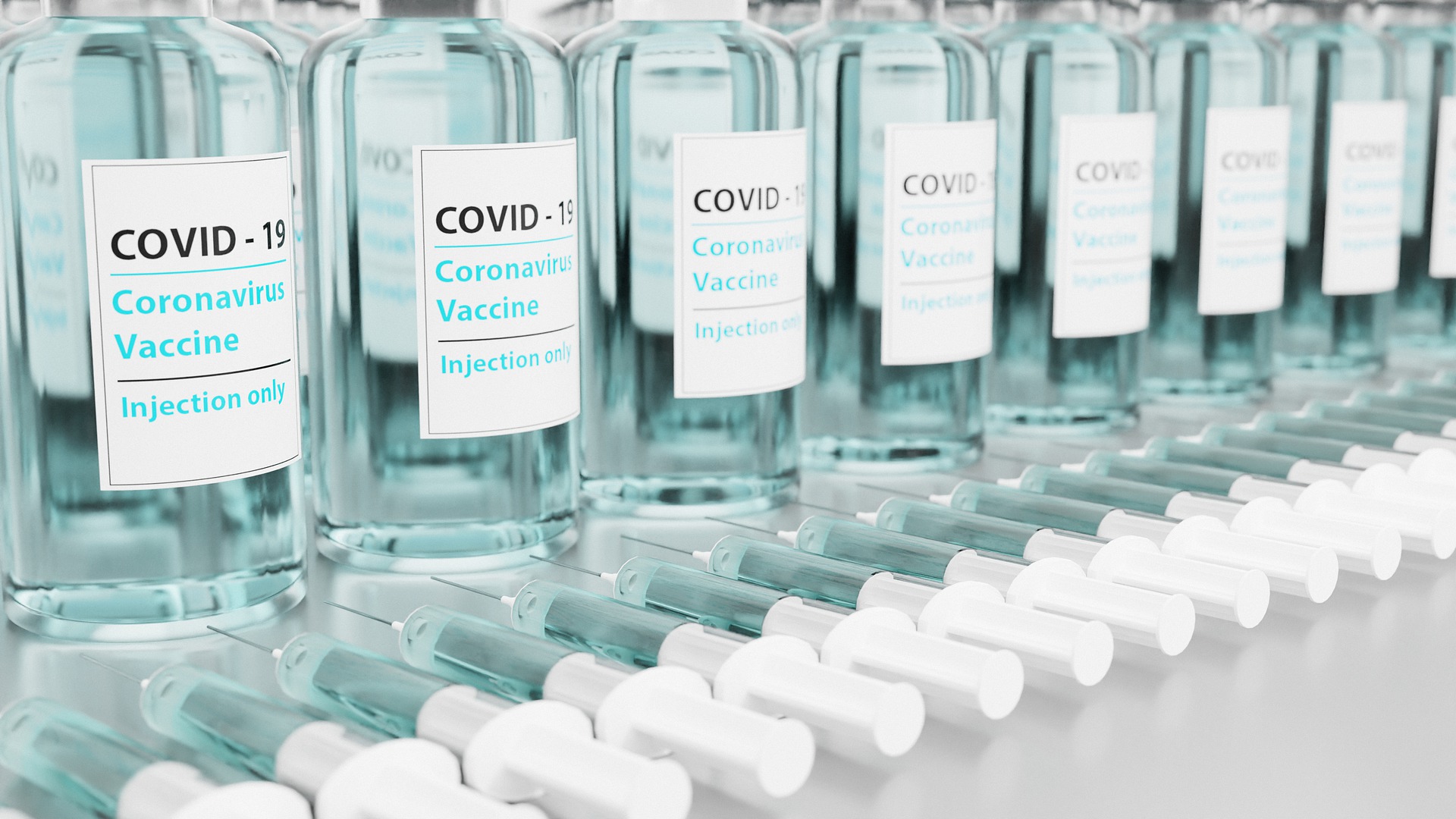European Russophobia and Europe’s Rejection of Peace: A Two-Century Failure
Europe has repeatedly rejected peace with Russia at moments when a negotiated settlement was available, and those rejections have proven profoundly self-defeating. Read more
 Governments of countries where vaccines are being produced – the United States, European Union members, the United Kingdom, India, Russia, and China – need to cooperate under United Nations leadership to ensure that a sufficient supply of COVID-19 vaccine doses reaches the poorest countries. Five steps are especially urgent.
Governments of countries where vaccines are being produced – the United States, European Union members, the United Kingdom, India, Russia, and China – need to cooperate under United Nations leadership to ensure that a sufficient supply of COVID-19 vaccine doses reaches the poorest countries. Five steps are especially urgent.
NEW YORK – The world stands at a critical juncture of the COVID-19 pandemic. Countries that lack the first round of vaccine coverage are extraordinarily vulnerable to the highly infectious Delta variant, and are also seedbeds for new variants that could quickly spread worldwide. The Lancet COVID-19 Commission, which I chair, is working urgently with the United Nations system to strengthen the multilateral response. Governments of countries where vaccines are being produced – the United States, European Union members, the United Kingdom, India, Russia, and China – need to cooperate under UN leadership to ensure that a sufficient supply of vaccine doses reaches the poorest countries.
The high-income countries now have more than 50% of their population fully vaccinated. Yet the fully vaccinated population in Africa remains under 4%. This lack of vaccine coverage in Africa, and in low-income countries elsewhere, poses an imminent danger to these populations.
US President Joe Biden has called for a vaccine summit on September 22. This is potentially a highly significant step forward. It is important that the US hold this meeting in cooperation with China, India, Russia, and the other vaccine-producing countries, and with the UN system. Only the UN, with its universal membership and its operational capacity in low-income countries, has the ability to coordinate the rapid global scale-up of vaccine coverage.
In April 2020, the UN created the COVID-19 Vaccine Global Access (COVAX) facility to provide vaccines to lower-income countries. These countries expected COVAX to provide timely deliveries. Yet COVAX has been unable to buy a sufficient volume of vaccine doses mainly because high-income countries have repeatedly cut to the front of the queue. Moreover, the vaccine-producing countries’ governments have imposed export quotas so that COVAX is often unable to secure even the vaccines for which it has contracts. The company shareholders are of course happy with these arrangements, because the rich countries pay more for the doses than COVAX would.
The article's full-text is available here.